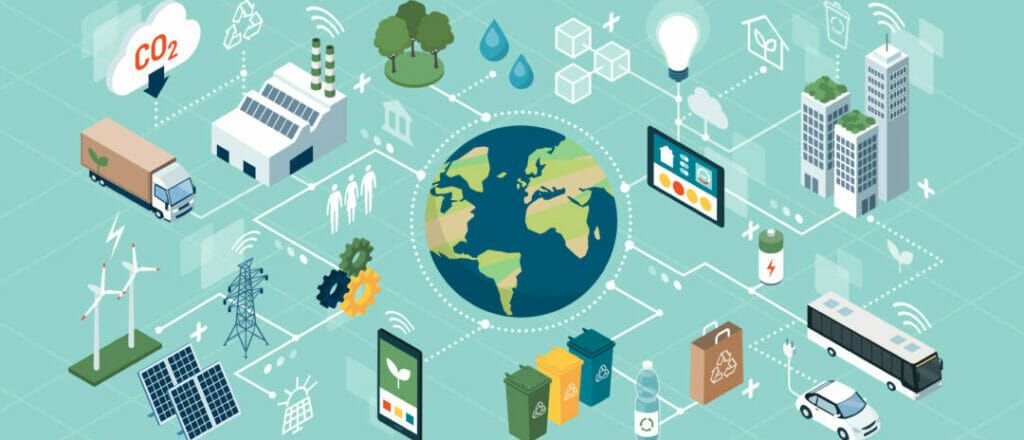Self-charging trains are among a number of “revolutionary” rail travel projects being funded by the Department for Transport.
The investment is part of the government’s First of a Kind (FOAK) 2022 competition £5 million prize fund.
This year’s competition, in partnership with Innovate UK, focused on new concepts aimed at transforming rail travel for passengers and decarbonising the network.
This year’s FOAK saw 24 companies awarded grants of up to £400,000 each from the total prize pot.
Grant recipients included Thales Ground Transportation Systems, who developed new sensors which will detect people approaching tracks, pin down their location, and give an early warning to staff, which could function as suicide intervention or be used to intercept protestors getting on the tracks.
Echion Technologies won funding for its development of batteries that will charge from overhead wires and use that charge to ‘leapfrog’ across unelectrified section of track, effectively creating self-charging trains.
“Through millions of pounds worth of government funding, we are breathing life into ideas that will revolutionise our railways and make them greener than ever before,” said transport secretary Mark Harper.
Harper added: “This is just the beginning and, as Transport Secretary, I am determined to support British innovation and create a cutting edge, green rail industry that delivers even more benefits for passengers and freight.”
The news follows the UK government's announcement of the grant winners for its tech scaleup competition, the Tech Rocketship awards.
Latest News
-
Reddit ‘challenges Australia’s under 16s ban’ with lawsuit
-
BBVA expands ChatGPT to 120,000 employees
-
BIS and Central banks test post-quantum cryptography in payments
-
UK government launches new MedTech qualifications to fight skills gap
-
UK scientists get priority access to advanced AI through Google DeepMind lab
-
Uber Eats rolls out robot couriers in Leeds
The future-ready CFO: Driving strategic growth and innovation
This National Technology News webinar sponsored by Sage will explore how CFOs can leverage their unique blend of financial acumen, technological savvy, and strategic mindset to foster cross-functional collaboration and shape overall company direction. Attendees will gain insights into breaking down operational silos, aligning goals across departments like IT, operations, HR, and marketing, and utilising technology to enable real-time data sharing and visibility.
The corporate roadmap to payment excellence: Keeping pace with emerging trends to maximise growth opportunities
In today's rapidly evolving finance and accounting landscape, one of the biggest challenges organisations face is attracting and retaining top talent. As automation and AI revolutionise the profession, finance teams require new skillsets centred on analysis, collaboration, and strategic thinking to drive sustainable competitive advantage.
© 2019 Perspective Publishing Privacy & Cookies











Recent Stories